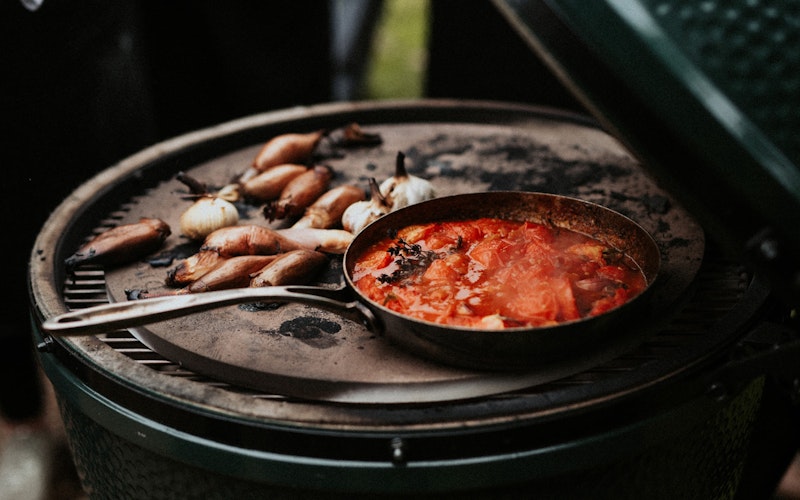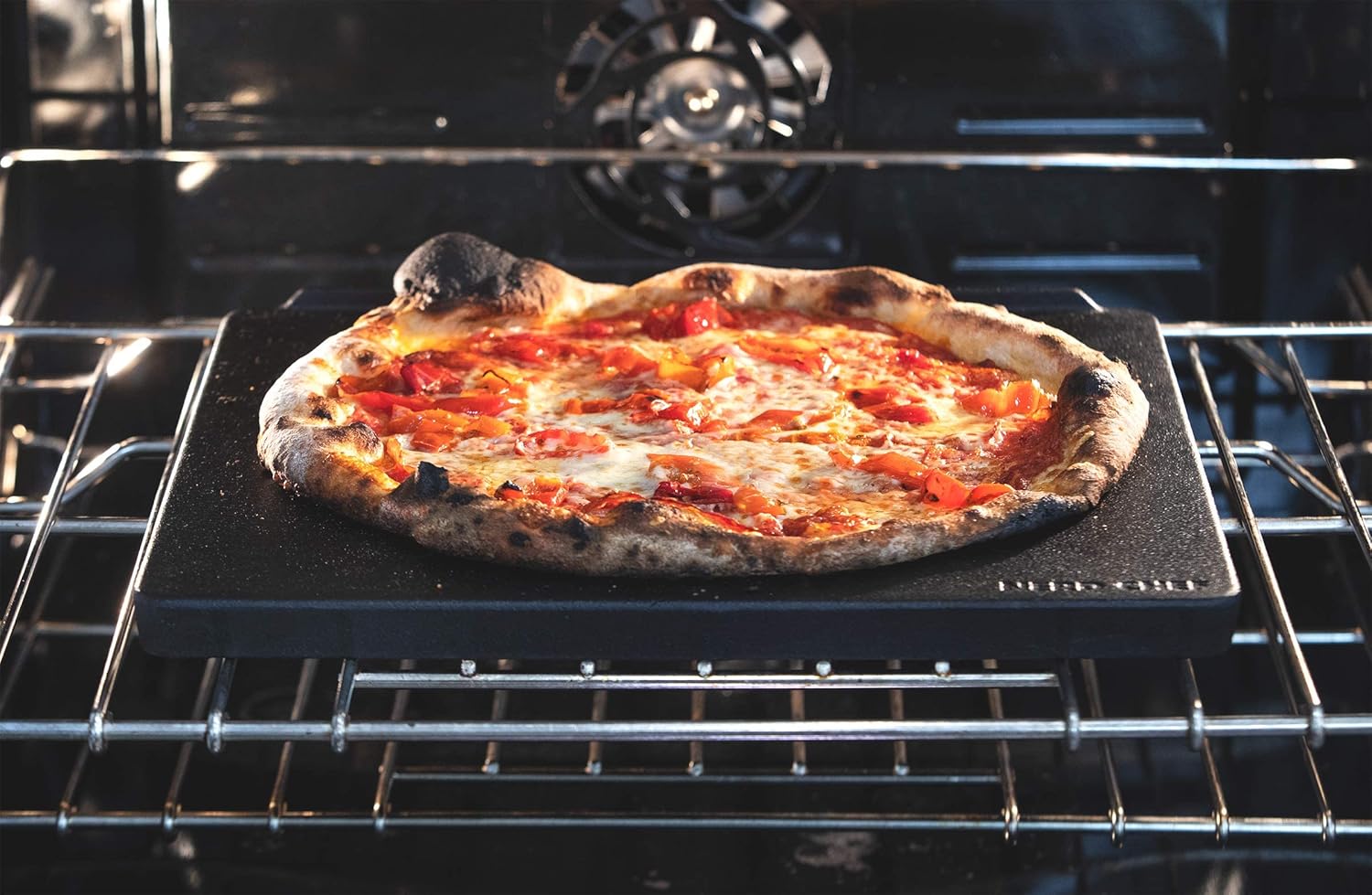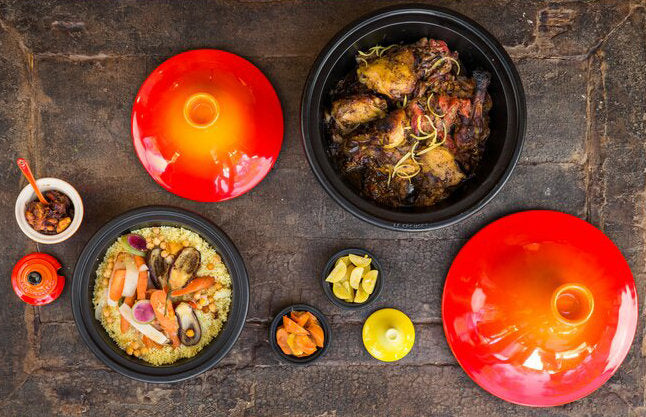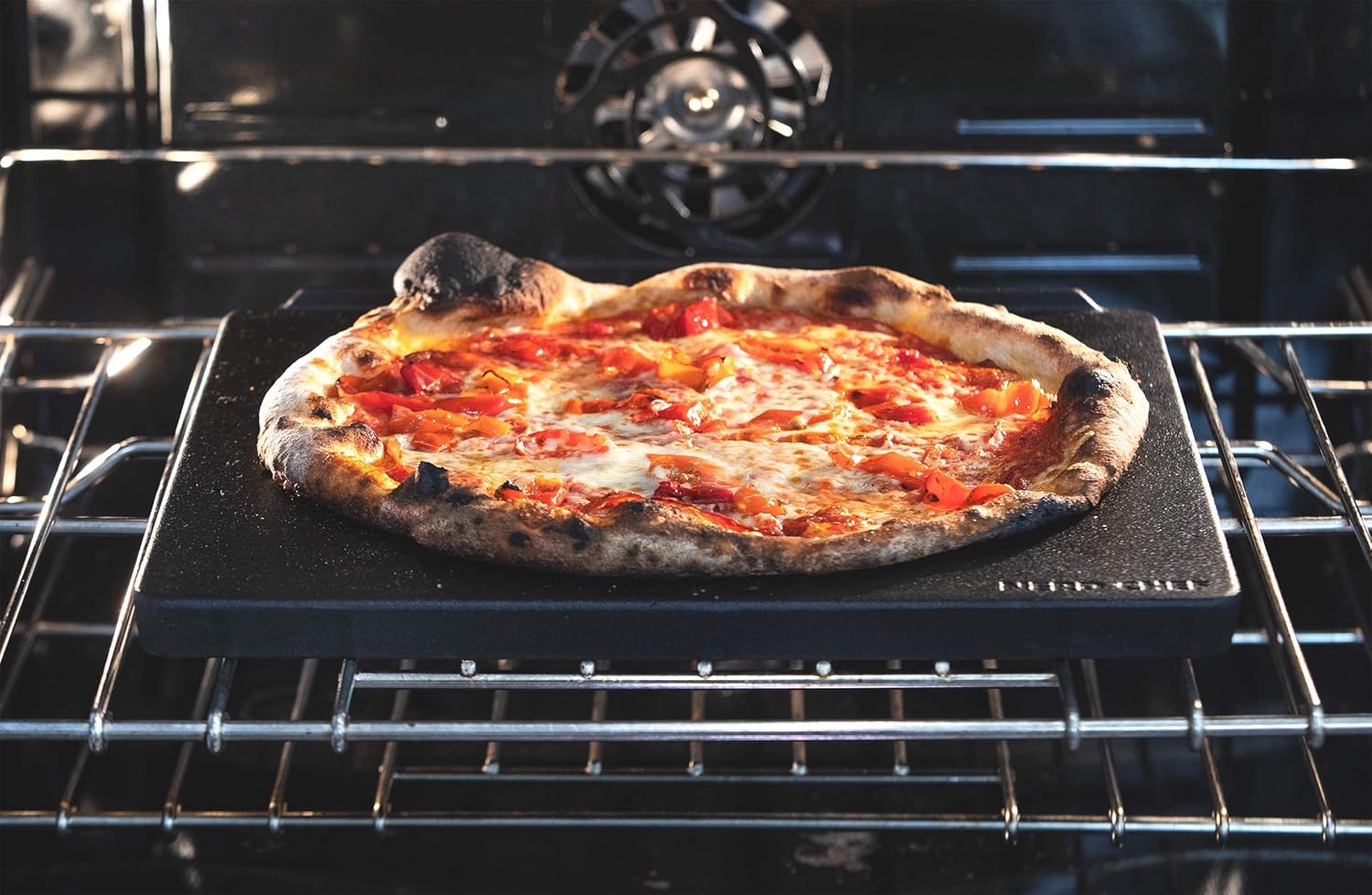In the culinary world, where flavor meets craftsmanship, the pursuit of excellence is unending. For kitchen professionals, the art of cooking extends beyond mere taste to encompass techniques that elevate dishes to restaurant-quality masterpieces. One subtle yet powerful tool in this quest is the baking stone. When it comes to crafting exquisite vegan recipes using baking stones, the result is not just a dish, but a culinary experience.
Vegan recipes using baking stones offer a unique opportunity to marry the wholesomeness of plant-based ingredients with the precision and finesse that professional kitchens demand. These stones, often unassuming in appearance, hold the key to transforming the texture and flavor profile of vegan dishes. By leveraging their heat-retentive properties, chefs can achieve consistent and luscious results, making each creation a testament to their skill and dedication.

Why Baking Stones are Essential in Vegan Cooking
For those who embrace a vegan lifestyle, baking stones become an essential asset in the kitchen. Their ability to evenly distribute heat helps to achieve that perfect crust or delightful caramelization that is often elusive in vegan cooking. From perfecting pizzas to achieving crusty loaves of bread, the versatility of baking stones cannot be overstated.
Moreover, the migration towards veganism has accelerated the need for tools that can replicate the textures and flavors traditionally found in non-vegan dishes. Baking stones offer a remarkable solution by contributing to the maillard reaction which enhances flavors, especially in dough-based recipes. For chefs, this means creating vegan delicacies that are indistinguishable in taste and feel from their non-vegan counterparts.
The Science Behind the Stone
Baking stones work by mimicking the conditions of brick ovens, renowned for their ability to produce evenly cooked meals. The porous nature of most stones aids in absorbing moisture, resulting in a perfect balance of crust and chewiness. This makes them a favorite tool among chefs aiming to elevate vegan dishes.
This synergy of science and culinary art transforms kitchens from simple cooking spaces to laboratories of flavor exploration. Understanding the underlying science of baking stones allows professionals to innovate and redefine vegan cuisine consistently and sustainably.
Top Vegan Dishes to Master with Baking Stones
1. Stone-Baked Vegan Pizza
Creating a perfect vegan pizza involves not just the right ingredients but also the right technique. Using a baking stone in your pizza-making process can make all the difference. The stone ensures an even heat distribution which gives the pizza a crispy base without overcooking the toppings. For inspiration and a detailed guide on making pizza with a stone, you can refer to this resource.
2. Vegan Calzones
These delightful pockets of flavor become a canvas for experimentation with plant-based fillings. Baking stones come into play by ensuring an even bake that crisps the crust without sacrificing the soft, chewy interior. For a quick masterclass on baking with stones, check out the beginners guide.
3. Artisan Vegan Bread
Transforming flour, water, and yeast into a magnificent loaf of bread is a craft well-suited to the use of baking stones. The stone provides a consistent, stable heat that allows for a superior crust to form while keeping the inside tender and airy. Consistency in texture and taste is crucial for making a mark with artisan breads.
Practical Tips for Using Baking Stones
While the potential of baking stones is significant, practical know-how enhances their utility. Preheating is key; allow the stone ample time to heat thoroughly before placing your preparations on it. This ensures the initial temperature shock necessary for perfect crust formation.
Regular maintenance of your baking stone is important to prolong its life and maintain its cooking performance. Cleaning your kitchen equipment properly, including stones, is essential for maintaining hygiene and achieving desirable culinary results. Avoid using soap when washing your baking stones; simply rinse with water and scrape off any stuck-on food remnants.
Additional Resources for Mastering Baking Stones
For those new to the world of baking stones, and even seasoned professionals looking for innovative ideas, there are ample resources to draw inspiration from. For instance, quick meal ideas could be the cornerstone of revolutionizing weeknight dinners. Exploring further into how kitchen professionals conceive grill marks on stones can offer insights into achieving visual allure in your dishes.
:max_bytes(150000):strip_icc()/pizza-stone-testing-winners-the-original-baking-steel-wdickey-7-63-0eab155b17994dcc94fe89c908bab57d.jpg)
FAQ Section
1. Are baking stones suitable for all types of ovens?
Baking stones are versatile and can be used in most oven types, including conventional, electric, and gas ovens. However, it's crucial to ensure that the stone fits perfectly to avoid disruption in air circulation.
2. Can I use a baking stone for other than bread and pizza?
Absolutely! Beyond breads and pizzas, baking stones can be used for roasting vegetables, baking cookies, and even for making crispy snacks. Their even heat distribution enhances many types of dishes.
3. How do I avoid my dough sticking to the baking stone?
To avoid dough sticking to the stone, ensure its well-preheated before placing the dough. Lightly dust the stone with flour or cornmeal, which acts as a buffer and adds toasting flavor to crusts.
This article contains affiliate links. We may earn a commission at no extra cost to you.






Leave a comment
This site is protected by hCaptcha and the hCaptcha Privacy Policy and Terms of Service apply.